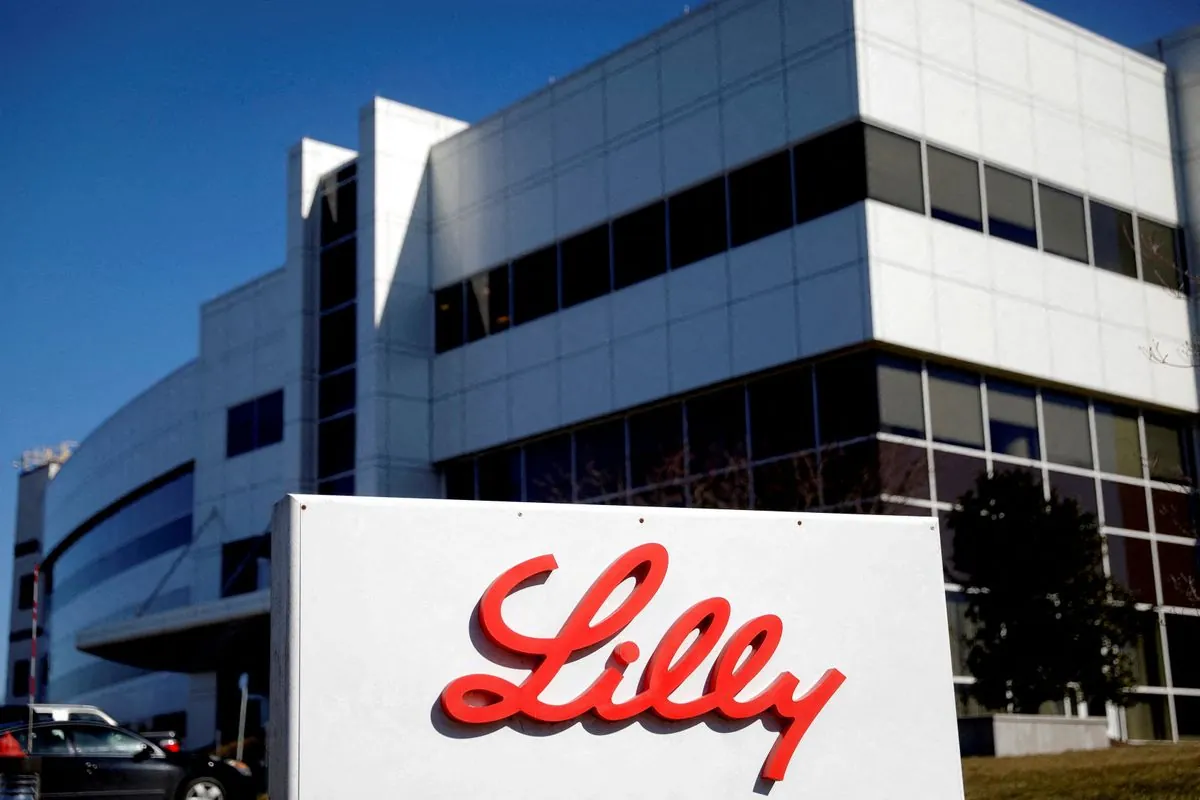The U.S. Food and Drug Administration (FDA) has officially declared an end to the two-year shortage of Eli Lilly's popular weight-loss and diabetes medications. This announcement, made on October 2, 2024, marks a significant shift in the pharmaceutical landscape, particularly for patients struggling with Type 2 diabetes and obesity.
Eli Lilly's Mounjaro and Zepbound, which utilize the active ingredient tirzepatide, have been in high demand since their FDA approval in 2022. These medications work by triggering the hormone GLP-1, which plays a crucial role in insulin secretion and appetite suppression. The shortage, which began shortly after their introduction, led to a surge in compounding pharmacy activities to meet patient needs.
The FDA's decision reflects Eli Lilly's substantial investments in expanding manufacturing capabilities for these drugs. Patrik Jonsson, an executive vice president at Eli Lilly, emphasized the company's commitment to providing a steady supply of genuine and safe medicines. However, both the FDA and Eli Lilly caution that patients may still encounter localized supply disruptions due to the complex distribution chain for refrigerated medications.
This development has significant implications for the compounding pharmacy industry, which has flourished during the shortage period. These pharmacies, which specialize in creating personalized medications, have been producing off-brand versions of tirzepatide-based drugs at lower costs. The FDA's announcement effectively halts this practice for Mounjaro and Zepbound, potentially disrupting treatment for patients who have come to rely on these compounded alternatives.
Scott Brunner, CEO of the Alliance for Pharmacy Compounding, expressed concern about the abrupt cessation of compounded tirzepatide prescriptions, stating that patients are being "cut off cold-turkey." This situation highlights the ongoing tension between major pharmaceutical companies and compounding pharmacies, with Eli Lilly and its competitor Novo Nordisk actively working to curb the production of off-brand versions of their drugs.
The FDA has consistently emphasized the safety advantages of approved medications over compounded versions. The rigorous approval process for drugs like Mounjaro and Zepbound, which typically takes 10-15 years and costs over $1 billion, ensures a higher standard of safety and efficacy. In contrast, compounded medications, while inspected by state and federal authorities, do not undergo the same extensive FDA review process.
It's worth noting that the global weight loss drugs market, valued at $2.37 billion in 2020, is projected to reach $27.09 billion by 2030. This growth is driven by the increasing prevalence of obesity, which affects about 42.4% of the adult population in the United States. The demand for effective weight-loss solutions has led to significant investments in research and development by pharmaceutical companies.
While the shortage of tirzepatide-based drugs has been resolved, the FDA still considers semaglutide, the active ingredient in Novo Nordisk's Ozempic and Wegovy, to be in shortage. This means that compounding pharmacies can continue to produce versions of these medications, maintaining a complex landscape in the weight-loss and diabetes drug market.
As the situation evolves, patients are advised to consult with their healthcare providers regarding any changes to their treatment plans. The pharmaceutical industry continues to navigate the delicate balance between innovation, accessibility, and regulatory compliance in addressing the growing demand for effective weight-loss and diabetes medications.
"They are being cut off cold-turkey, their prescription no longer fillable."
This development underscores the ongoing challenges in the pharmaceutical industry, where the interests of large corporations, smaller compounding pharmacies, regulatory bodies, and patients often intersect in complex ways. As the market for weight-loss and diabetes drugs continues to expand, it remains to be seen how these dynamics will shape the future of treatment options and patient care.
